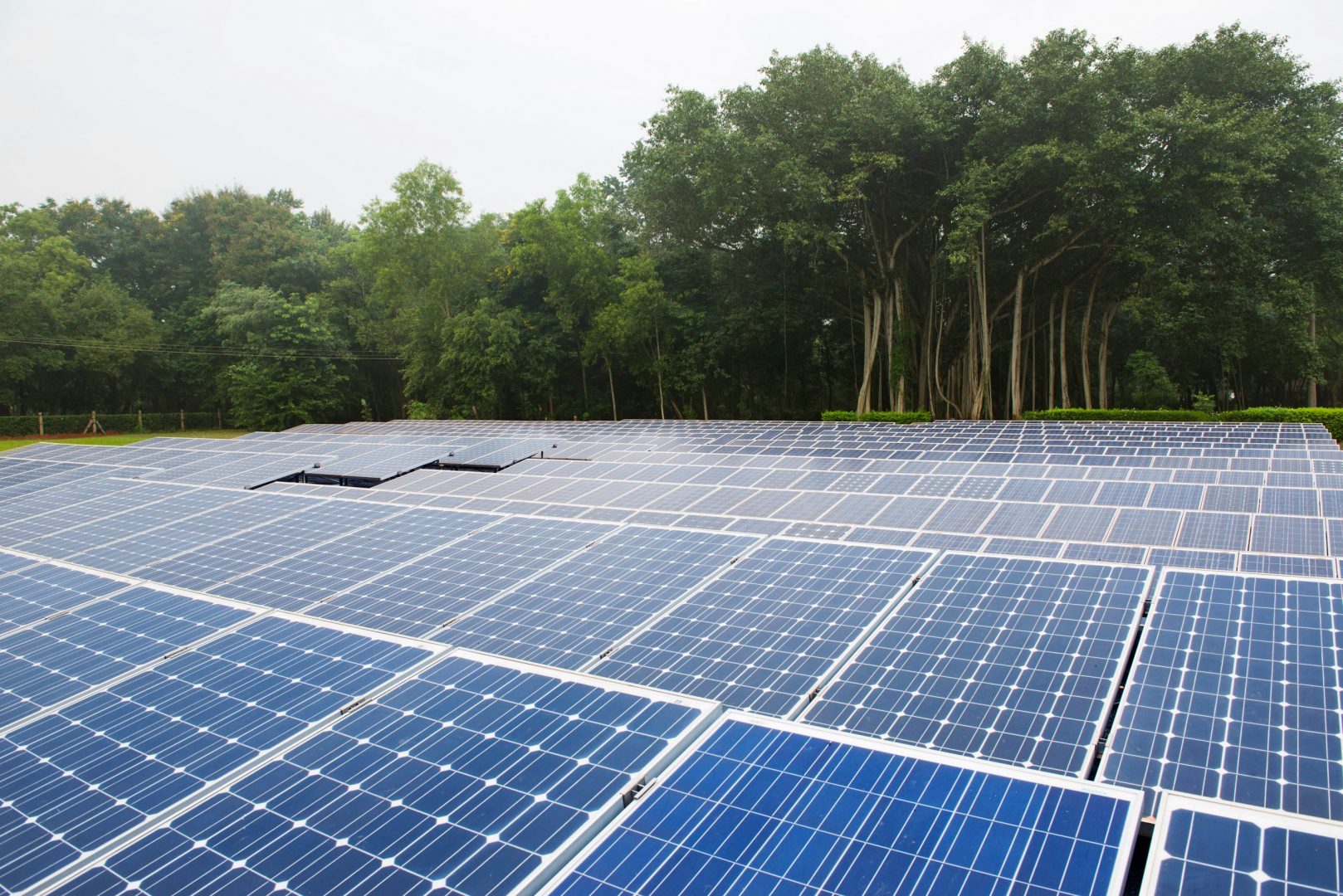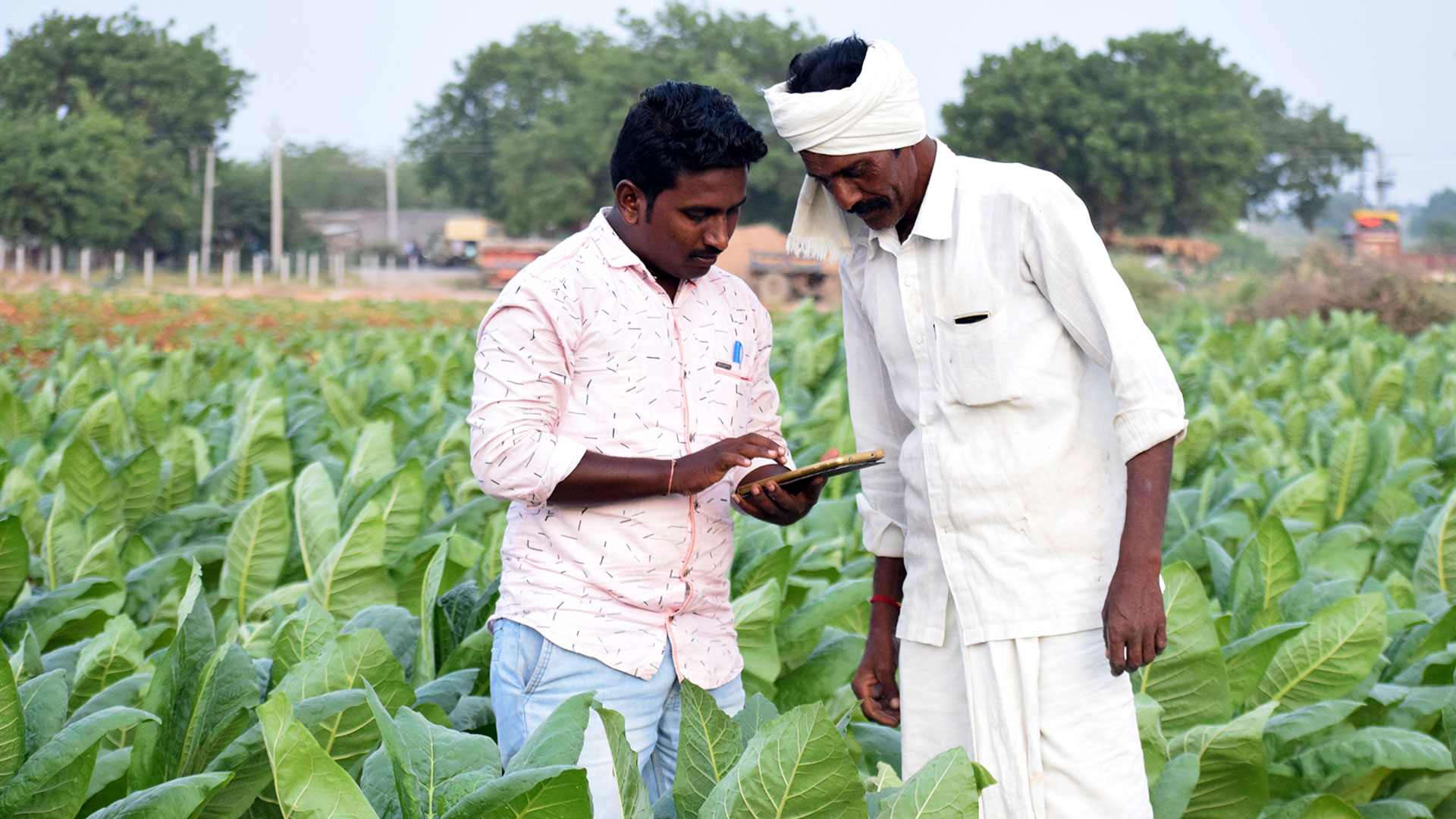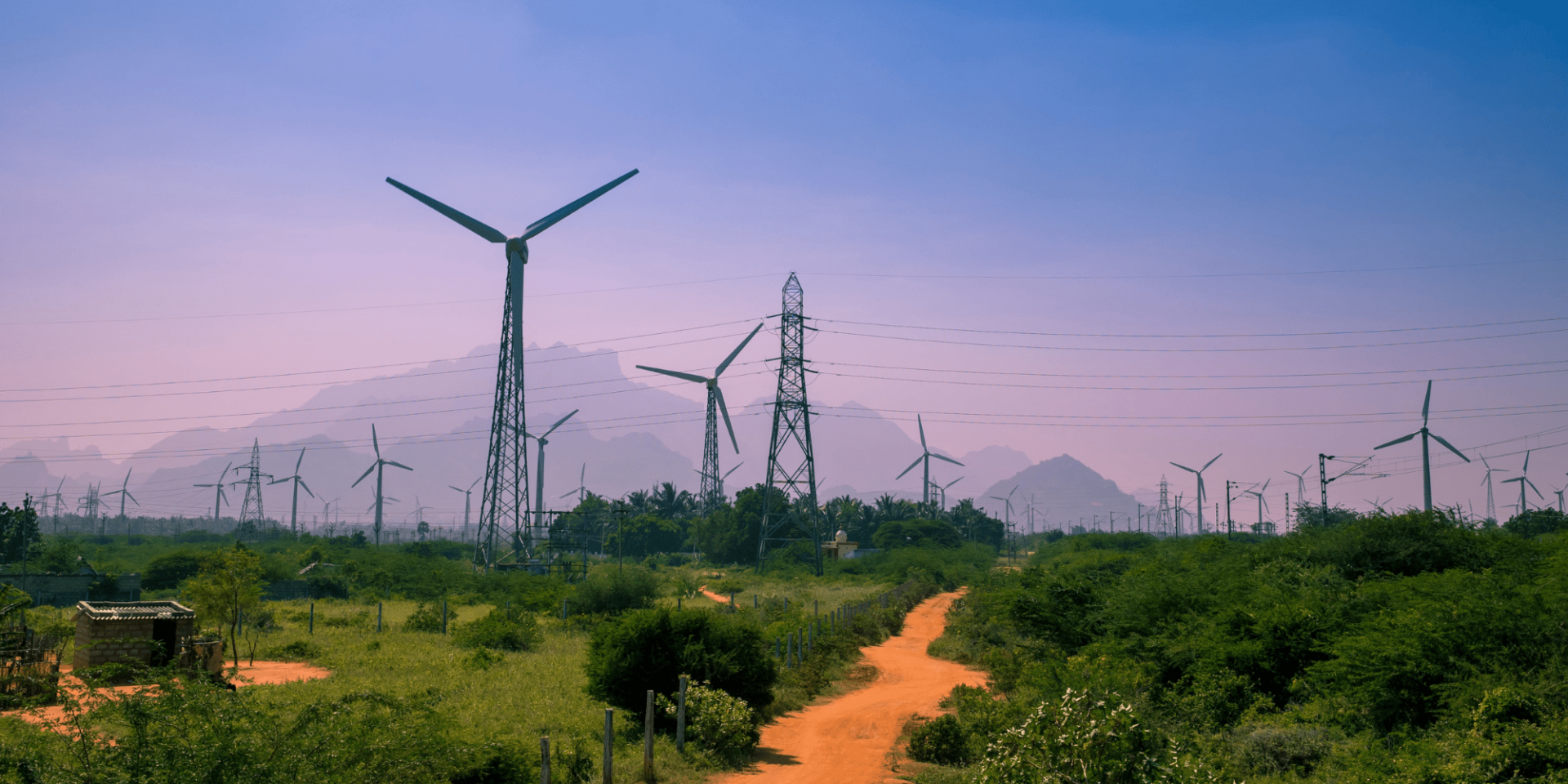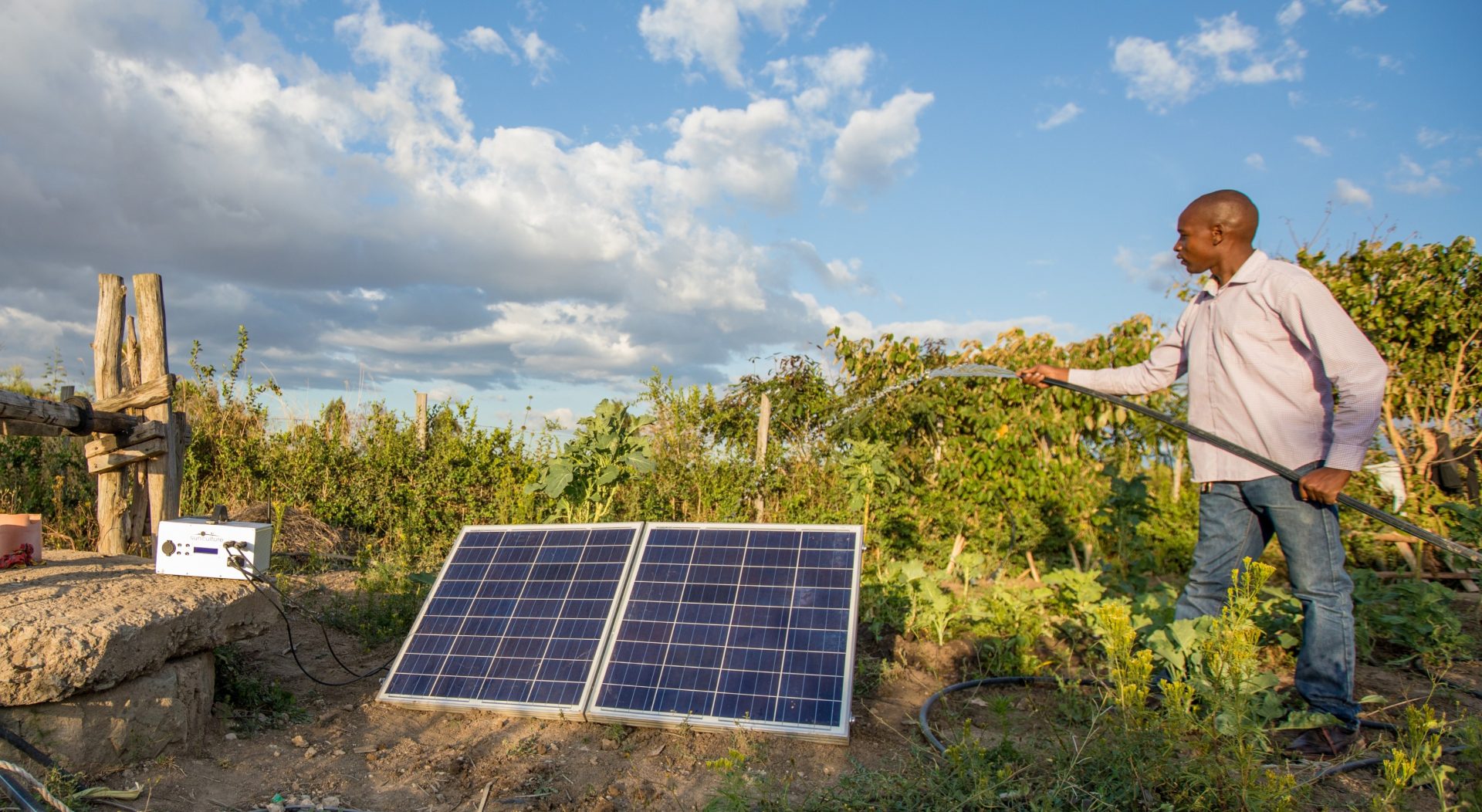The benefits of transitioning to net zero and resilient economies must be shared by all. This is particularly important in emerging economies, which are often heavily reliant on fossil fuels and therefore need to consider the needs of workers, communities and consumers within their climate and development pathways. It is equally important to ensure that actions which limit global warming to 1.5°C also support a just transition.
India’s Long-Term Low-Carbon Development Strategy considers both these aspects by making clear that, alongside scaling up the flow of net zero investment, the principles of equity and climate justice are central to the country’s approach to financing net zero and resilience by 2070. As India starts to integrate climate risks and opportunities within its financial system, the social dimension related to a just transition to net zero emissions also needs to be addressed. It’s vital that this is done in a way that creates new and decent jobs, and involves measures to avoid stranded workers and communities.
India has a large, diverse and growing population, which adds to the scale and urgency of skilling the population for new jobs in green sectors. This can help create sustainable livelihood opportunities and employment in local areas, particularly for low-income workers, rural communities, and women. Taking a place-based approach that maximises opportunities resulting from international public climate finance – to leverage private capital from banks, investors, and capital markets – can support a just transition for workers and communities that are currently reliant on the fossil fuel value chain.
At British International Investment, supporting a just transition is a key pillar of our Climate Change Strategy. We invest for clean and inclusive growth and are committed to championing a transition to a low-carbon and resilient economy which is socially inclusive of workers’ rights, gender and communities.
In India, we’re supporting the development of the green economy through the clean energy sector – such as Ayana Renewable Power, a renewable energy platform we launched in 2018 – alongside more recent investments in agriculture, such as organic milk brand Akshayakalpa.
Through our technical assistance facility BII Plus, we have worked with Ayana to enable the just transition by supporting skills development for rural youth in Andhra Pradesh and Rajasthan. But we know we can’t act alone. Beyond the initial phase, Ayana is also exploring opportunities to collaborate with other developers in the region to ensure this initiative has a wider impact.
Just transition requires multi-stakeholder engagement that places social dimensions central within the climate finance and policy agendas. This report gathers perspectives from bankers, investors, regulators, civil society implementors and entrepreneurs to consider how financing India’s net zero by 2070 commitment can also deliver a just transition.
This report follows the Just Transition Finance Roadmap for India published in 2021. We hope that it helps raise awareness of the opportunities of a just transition and highlights priority areas that the finance community should consider towards financing a just transition in India.











